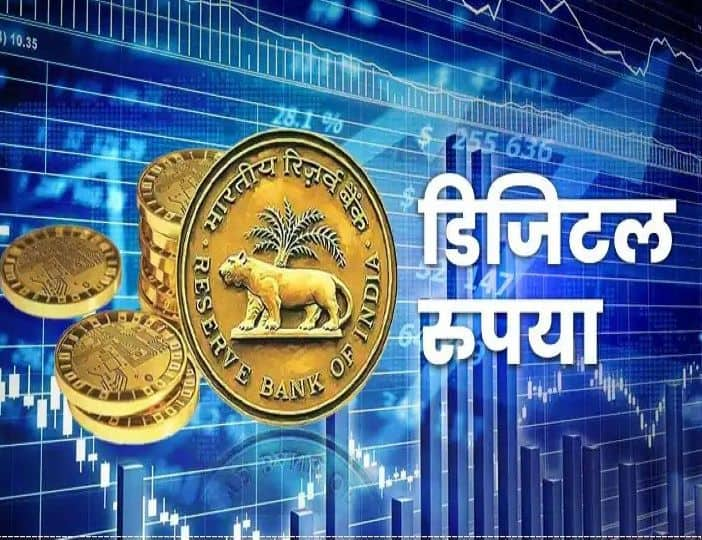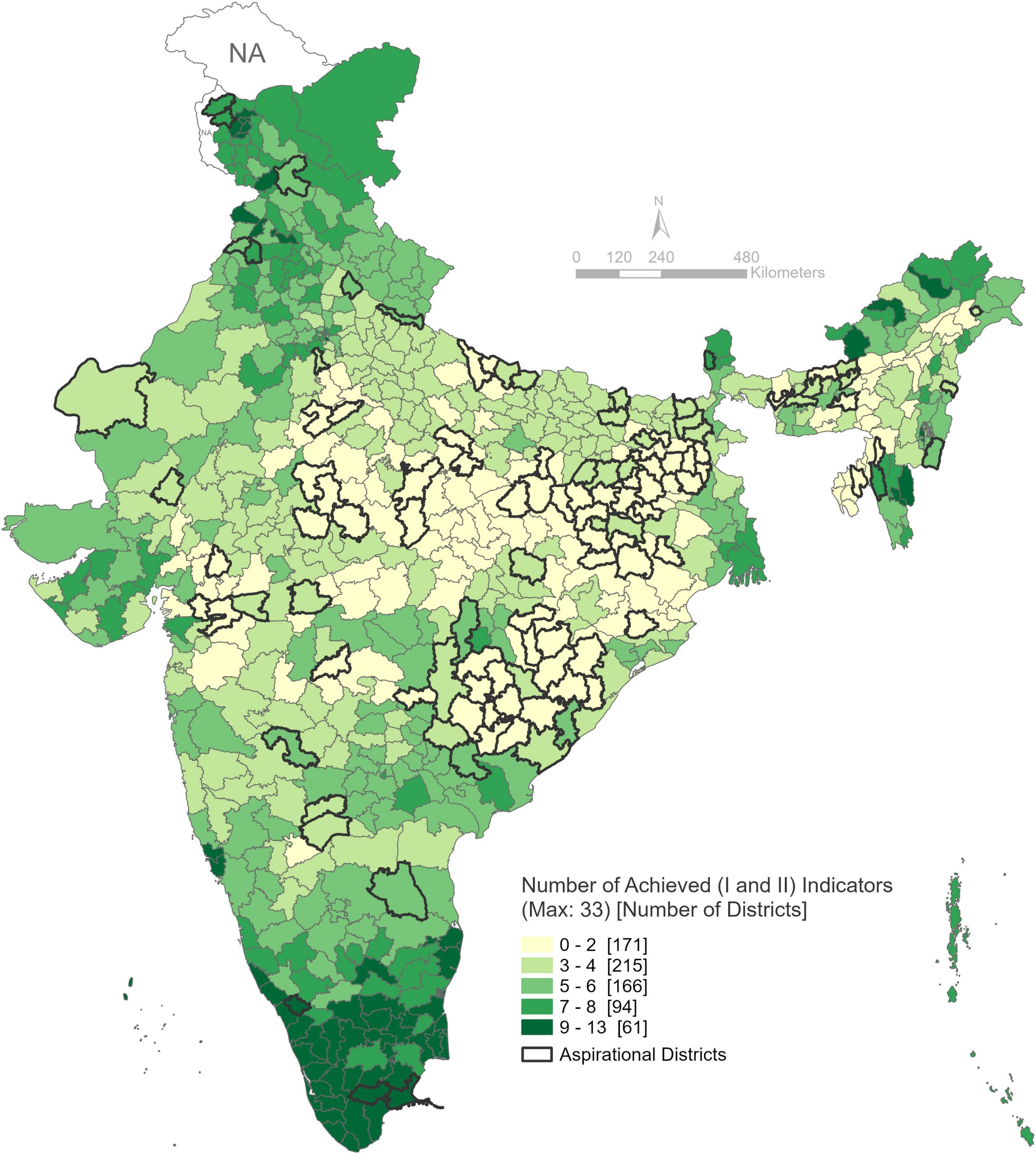India launch Digital Rupee pilot for wholesale programme

New Delhi — The Reserve Bank of India (RBI) has launched its pilot programme for the e-rupee, India’s own Central Bank Digital Currency (CBDC). The programme, which commences on November 1, will be India’s first tryst with e-currencies.
According to the RBI, e-rupee will simply be a digital form of the Indian rupee that is already in use. The central bank released their concept note regarding CBDCs on 7 October. In the document, the central bank has laid down their motivations behind introducing the e-rupee, the design and technological considerations that go into it, as well as the policy aspects of bringing about such a drastic shift in India’s monetary transactions, Outlookindia reports.
The introduction of CBDCs in India raises many important questions. In a country that has wanted to ban the practice of cryptocurrencies, what is to be understood from the central bank’s move? Not to mention, the finance minister (FM) Nirmala Sitharaman, who had earlier asked the public to exercise caution while dealing in cryptocurrency, herself has said that CBDCs will be fully launched in India by 2023. This makes it important to know what CBDCs are, how they are different from cryptocurrencies and UPI transactions, and also about the safety concerns associated with CBDCs.
What Is CBDC?
CBDC is a digital currency that is issued by the central bank of a sovereign nation. By definition, it is freely convertible against the physical currency issued by the same central bank. Similar to physical currency, one need not have a bank account to transact using CBDCs either. However, one major distinguishing factor between CBDCs and physical currency is that CBDCs will have an infinite life, in the sense that it cannot be damaged or lost in any physical form. It will be managed on a digital ledger that may or may not be blockchain-enabled.
CBDCs can be of two types: retail (CBDC-R) and wholesale (CBDC-W). The wholesale kind would be used for interbank settlements and other wholesale transactions whereas CBDC-R would be used for retail transactions as an electronic form of cash. CBDC-W is expected to reduce transaction costs and make the inter-bank markets more efficient. The RBI pilot programme that begins on November 1 is for CBDC-W alone, with another pilot programme for CBDC-R expected to start by next month. Presently, several other central banks across the world are exploring the possibilities of putting CBDCs into practice.



















Facebook Comments